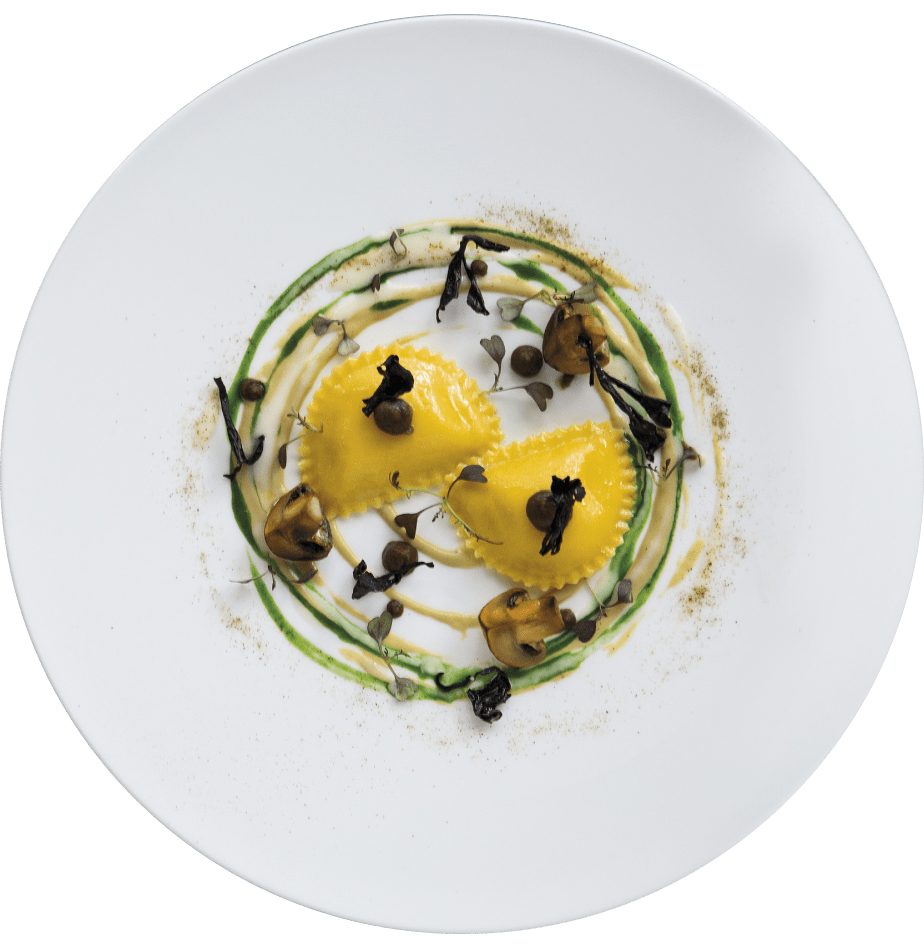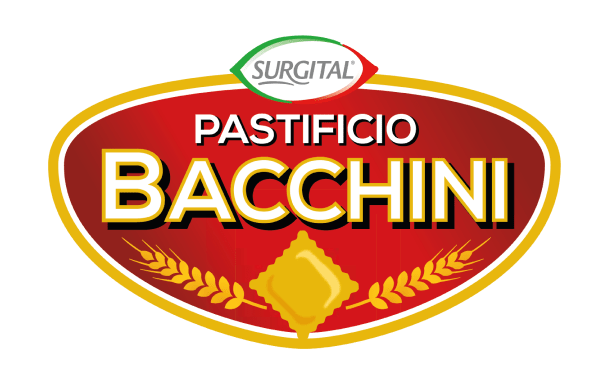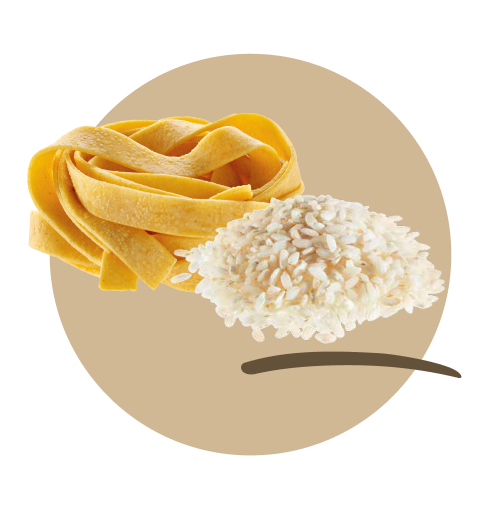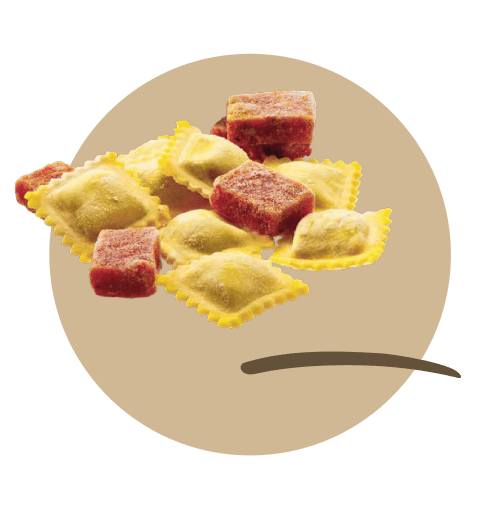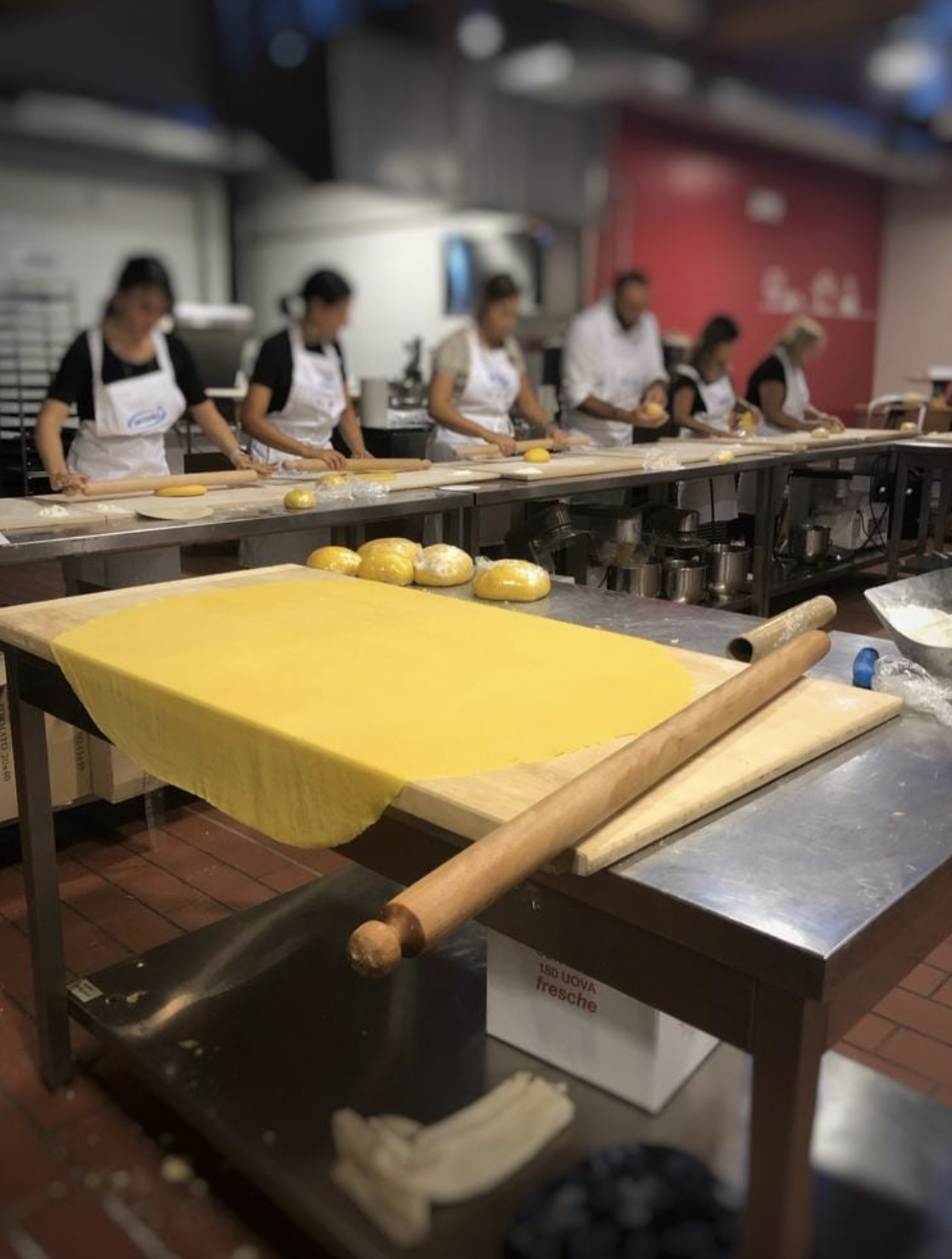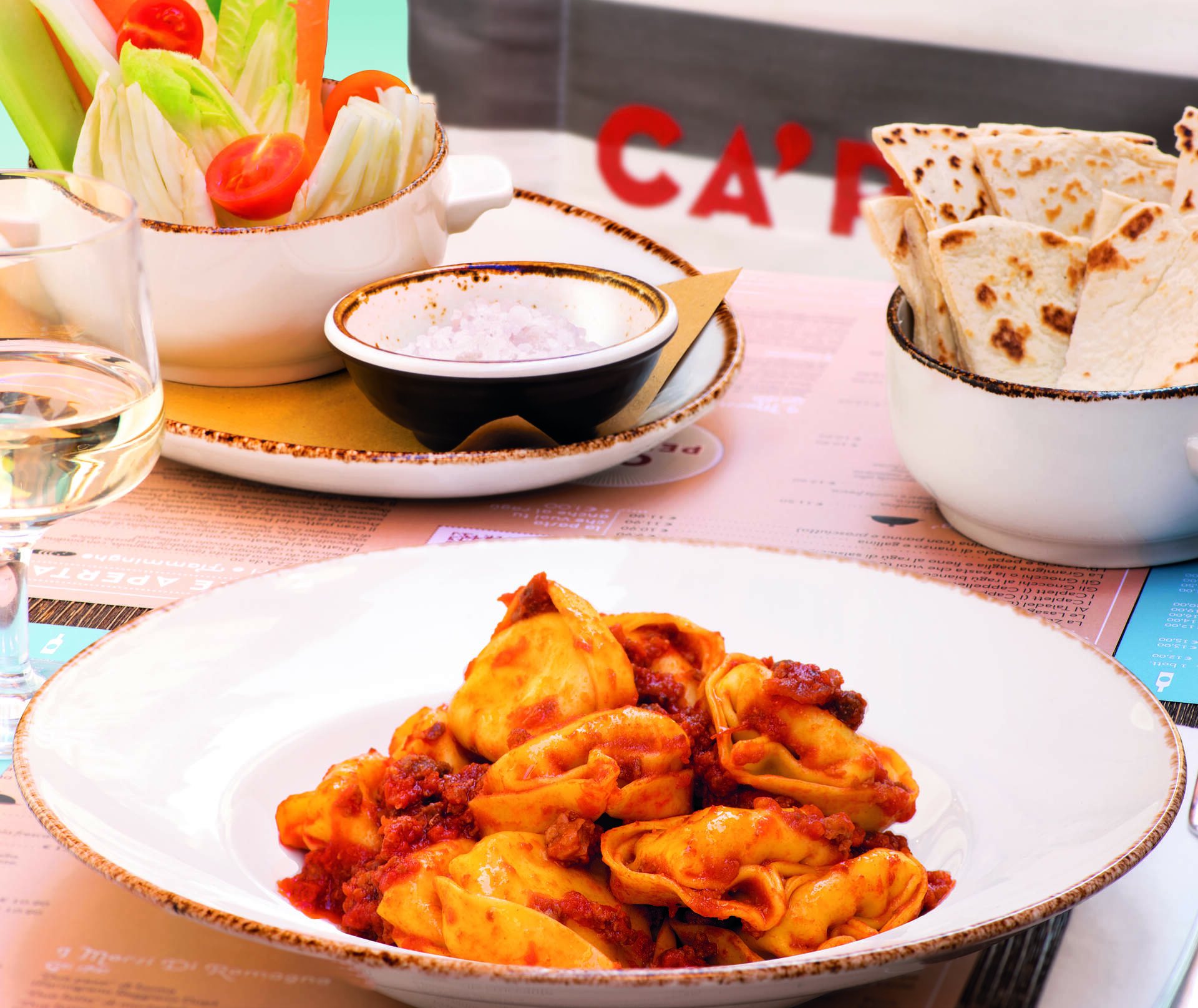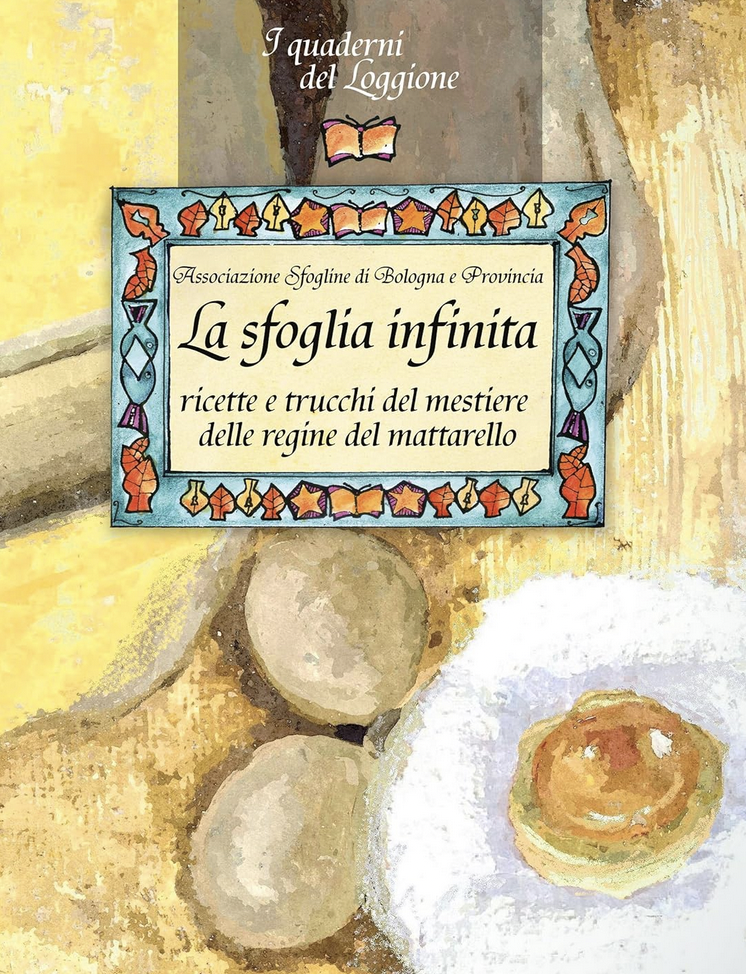Fresh Pasta and Sfogline. A story of tradition and unmatched skill.
6 November 2023
An art passed down from generation to generation for centuries, the profession of a “sfoglina” (pasta-maker) passes from mother to daughter, or from grandmother to granddaughter.
Fresh pasta is loved all over the world, but its origins and traditions are deeply rooted in Italy. Behind the preparation of this universal culinary speciality is an ancient art and a profession that requires skill and passion: the profession of sfogline (pasta-makers), living icons who represent the precious link between history and Italian food culture. They practice a unique tradition that is said to date back to the Roman times, many centuries ago.
This art has been passed down from generation to generation, from mother to daughter or from grandmother to granddaughter. These skilled artisans, also known as “azdore” in Romagna – a term that means “she who presides over the government of the home” – have inherited the traditional techniques and recipes passed down from generation to generation. The term “sfogline” comes from the Italian verb “sfogliare”, which means “to roll out the dough into a thin sheet”.
The work of sfogline requires a combination of manual skill, experience and culinary intuition: they know how to recognise the correct consistency of the dough, and how to regulate the amount of flour and water to get the right consistency. They use specific kneading techniques, such as rolling hand movements, to create elastic, uniform dough. Once they have the desired consistency, the sfogline begin to roll out the pasta dough using a rolling pin, or, depending on the quantity, a pasta machine.
What are they able to do, these incredible feminine hands devoted to the cause? Some would say they make magic, right from the first step, which involves rolling out an elastic, almost transparent sheet of dough that is smooth and velvety. From the hands of a sfoglina, wonders like tagliatelle, pappardelle, fettuccine, linguine and lasagne are created. But also shells and treasure chests ready to fill with so many Italian flavours, such as cappelletti, cappellacci, ravioli, agnolotti, tortellini, tortelli and so on.
Once upon a time, a sfoglina would go to the homes of rich families in the city, and then the first pasta shops began to appear. Today, the same original recipe is used – for the record, the ancient recipe for pasta dough requires one egg for every 100g of type 0 soft wheat flour – partly thanks to the technological support of industrial deep-freezing, through which fresh pasta can be fully preserved, keeping all its characteristics, without additives or preservatives. Indeed, during industrial deep-freezing, fresh pasta undergoes a very fast drop in temperature. This quick freezing process helps to preserve the freshness and quality of the food, reducing the formation of ice crystals as much as possible, as they could damage its cellular structure.
The work of sfogline represents a culinary tradition rooted in Italian history, and keeps alive an art that still stands up to the test of time. Their dedication and passion is a tribute to Italian food tradition, a treasure that deserves to be preserved. In fact, the art of the sfogline of Romagna is one of the proposed entries for inclusion in the UNESCO Intangible Cultural Heritage list for 2025.
Would you like to see a sfoglina at work? It is often possible to meet them at local festivals or markets in Romagna, where they demonstrate their dough-rolling skills to the public. It is a fascinating spectacle to observe their mastery and see the process of creating fresh pasta.
For those who would like to commit to learning this true art form, there are many schools in Emilia Romagna. The most respected is without a doubt the Associazione Sfogline di Bologna e Provincia, Sfogline Association of the Province of Bologna, founded in 2011 with the goal of spreading and protecting the art of the rolling pin. This initiative was created in collaboration with Confcommercio Ascom Bologna and the Association of Breadmakers of the Province of Bologna.
The companies associated with the Association are dedicated to the production of quality pasta and other products, but also to research, study and improvement of production processes. The Association also pays attention to training, with the aim of passing on a unique tradition that involves care, professionalism and great passion.
This passion has also been transformed into a wonderful book called “La sfoglia infinita: Ricette e trucchi del mestiere delle regine del mattarello“, (Cuisine, Food and Wine. The Logbooks).

